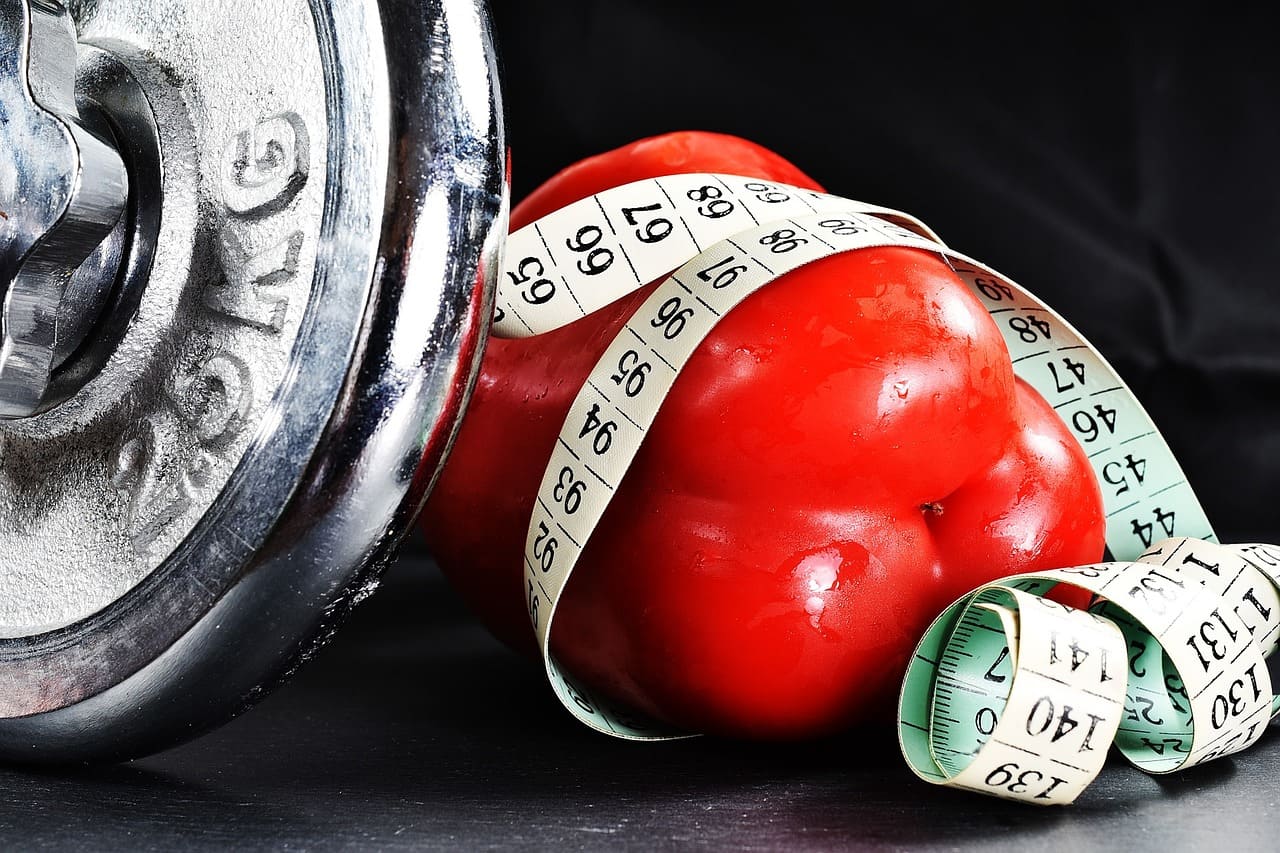
As an expert in weight loss backed by science, I am here to guide you through the intricacies of calories and how they play a crucial role in achieving your weight loss goals. Understanding the concept of calories is fundamental to designing an effective weight loss plan that is sustainable and based on scientific principles.
The Science Behind Calories
Before delving into the specifics of weight loss, it’s essential to grasp the scientific foundation of calories. A calorie is a unit of energy that measures the amount of heat required to raise the temperature of one gram of water by one degree Celsius. In the context of nutrition, calories represent the energy content of food that our bodies use for various physiological functions.
When we consume food, our bodies extract energy from macronutrients such as carbohydrates, proteins, and fats. Each gram of carbohydrates and proteins provides approximately 4 calories, while each gram of fat yields around 9 calories. Understanding the caloric content of different foods allows us to make informed choices about our diet and manage our energy balance effectively.
Calories and Weight Loss
At its core, weight loss is a matter of energy balance: consuming fewer calories than your body expends results in weight loss, while consuming more leads to weight gain. This principle, known as the law of thermodynamics, underscores the importance of calorie control in any weight loss regimen.
One pound of body weight is roughly equivalent to 3,500 calories. Therefore, to lose one pound per week, you need to create a calorie deficit of approximately 500 calories per day through a combination of dietary changes and increased physical activity. However, it’s crucial to strike a balance between calorie restriction and nutritional adequacy to ensure long-term success.
The Role of Macronutrients
Macronutrients play a significant role in determining the caloric content of our diet and influencing our weight loss efforts. Carbohydrates, proteins, and fats each have distinct metabolic effects and satiety properties that can impact calorie intake and energy balance.
- Healthy fats: Incorporating sources of healthy fats such as avocados, nuts, and olive oil into your diet can promote satiety and support overall health.
- Lean proteins: Protein-rich foods like lean meats, poultry, fish, and legumes are essential for preserving muscle mass and promoting feelings of fullness, making them valuable allies in weight loss.
- Complex carbohydrates: Opting for whole grains, fruits, and vegetables as sources of carbohydrates provides fiber and essential nutrients while moderating blood sugar levels and supporting weight management.
Factors Influencing Caloric Needs
While the basic principle of calorie balance governs weight loss, individual factors such as age, gender, body composition, and activity level can influence caloric requirements and the rate of weight loss.
Basal metabolic rate (BMR), which represents the energy expended at rest to maintain vital physiological functions, varies among individuals and tends to decrease with age and loss of lean body mass. Therefore, strategies that preserve muscle mass, such as resistance training and adequate protein intake, can help mitigate the decline in BMR and support long-term weight management.
Practical Strategies for Calorie Control
Successfully managing calories for weight loss requires a multifaceted approach that encompasses both dietary strategies and lifestyle modifications. Here are some practical tips to help you achieve and maintain a calorie deficit:
- Track your intake: Keeping a food diary or using a mobile app to monitor your calorie intake can increase awareness and accountability, making it easier to identify areas for improvement.
- Focus on nutrient density: Choose foods that are rich in essential nutrients and low in added sugars, refined grains, and unhealthy fats to maximize satiety and support overall health.
- Practice portion control: Be mindful of portion sizes and avoid mindless eating by using smaller plates, measuring serving sizes, and savoring each bite.
- Stay hydrated: Drinking an adequate amount of water throughout the day can help curb hunger and prevent overeating, especially if you often confuse thirst with hunger.
- Engage in regular physical activity: Incorporating a combination of aerobic exercise, strength training, and flexibility exercises into your routine can boost calorie expenditure and enhance weight loss.
Conclusion
In conclusion, understanding calories is paramount for anyone embarking on a weight loss journey. By harnessing the science of calories and adopting evidence-based strategies for calorie control, you can achieve sustainable weight loss and improve your overall health and well-being. Remember, success lies not in drastic measures or quick fixes but in making informed choices and cultivating healthy habits that last a lifetime.
For more information on how to make informed food choices, consult reputable sources such as the USDA’s ChooseMyPlate website, which offers practical guidance on building a healthy eating pattern tailored to your individual needs.